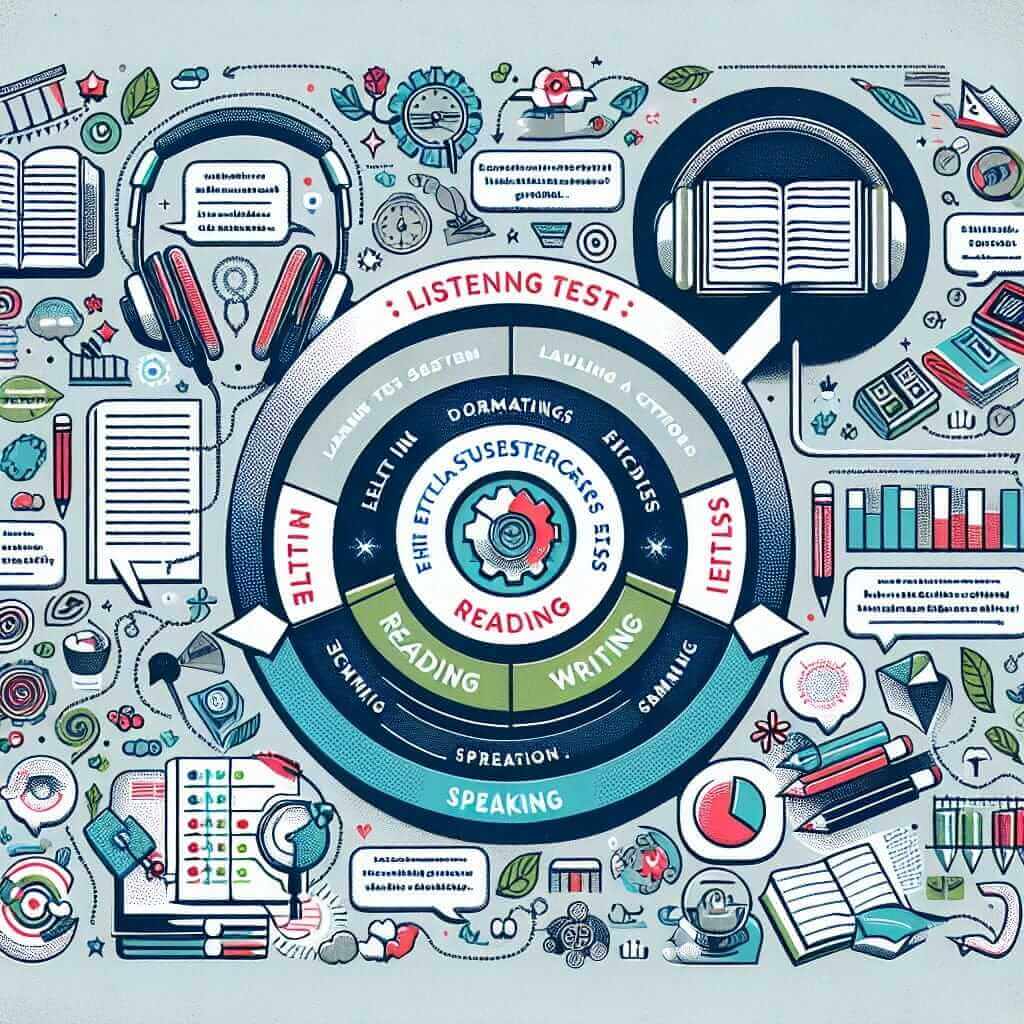The International English Language Testing System (IELTS) has become a globally recognized standard for assessing English language proficiency. With millions taking the test each year, it’s a common question: “Should I take IELTS?” This comprehensive guide will explore the reasons why you might need to take IELTS, help you determine if it’s the right test for you, and offer valuable insights to guide your decision-making process.
Understanding the Importance of IELTS
IELTS evaluates your ability to use English across four key skills:
- Listening: Understanding spoken English in various contexts.
- Reading: Comprehending written English across different text types.
- Writing: Communicating effectively in written English.
- Speaking: Expressing yourself fluently and accurately in spoken English.
Why Do People Take IELTS?
There are several common reasons why individuals choose to take the IELTS exam:
1. Higher Education Abroad
Many universities worldwide, particularly in English-speaking countries, require IELTS scores as part of their admission criteria for international students. A good IELTS score demonstrates your English proficiency and ability to thrive in an academic environment.
2. Immigration Purposes
For those seeking to immigrate to countries like Canada, Australia, New Zealand, or the UK, IELTS is often a mandatory requirement. The test assesses your language abilities to ensure you can integrate into an English-speaking society.
3. Professional Registration
Certain professions, such as nursing, medicine, and engineering, often require proof of English language proficiency. IELTS scores are widely accepted by professional registration bodies globally, validating your language skills for employment in these fields.
4. Personal Development
Even without a specific academic or professional goal, some individuals choose to take IELTS for personal growth. Achieving a desired score can boost confidence, enhance language skills, and open doors to new opportunities.

Is IELTS the Right Test for You?
While IELTS is a widely recognized English proficiency test, it’s essential to consider your specific needs and goals before deciding. Ask yourself:
- What is the purpose of taking the test? Identify your primary motivation (e.g., university admission, immigration).
- What are the specific requirements of the institution or organization? Check the minimum IELTS score or band requirements.
- Which version of IELTS do you need? IELTS Academic is for higher education and professional registration, while IELTS General Training is for immigration and work experience.
Making Your Decision
Choosing to take IELTS is a significant decision. Carefully weigh the benefits against the time and financial commitment required. If you are:
- Applying to an English-speaking university: IELTS is likely necessary.
- Planning to immigrate to a country where IELTS is mandatory: You will need to take the test.
- Seeking professional registration in a field that requires IELTS: The test is crucial for your career path.
Tips for IELTS Success
If you decide to take IELTS, here are some valuable tips to help you prepare:
- Familiarize Yourself with the Test Format: Understand the structure and question types of each section.
- Practice Regularly: Use official IELTS practice materials and mock tests to simulate the exam experience.
- Focus on Your Weaknesses: Identify areas where you need improvement and allocate more practice time accordingly.
- Develop Effective Time Management Skills: Practice answering questions within the allocated time limits.
- Seek Professional Guidance: Consider an IELTS preparation course or tutor for personalized support.
Conclusion
The decision to take IELTS is a personal one. By carefully considering your goals, researching requirements, and understanding the test’s importance, you can make an informed choice. If IELTS aligns with your aspirations, dedicate yourself to thorough preparation and approach the test with confidence. Good luck!